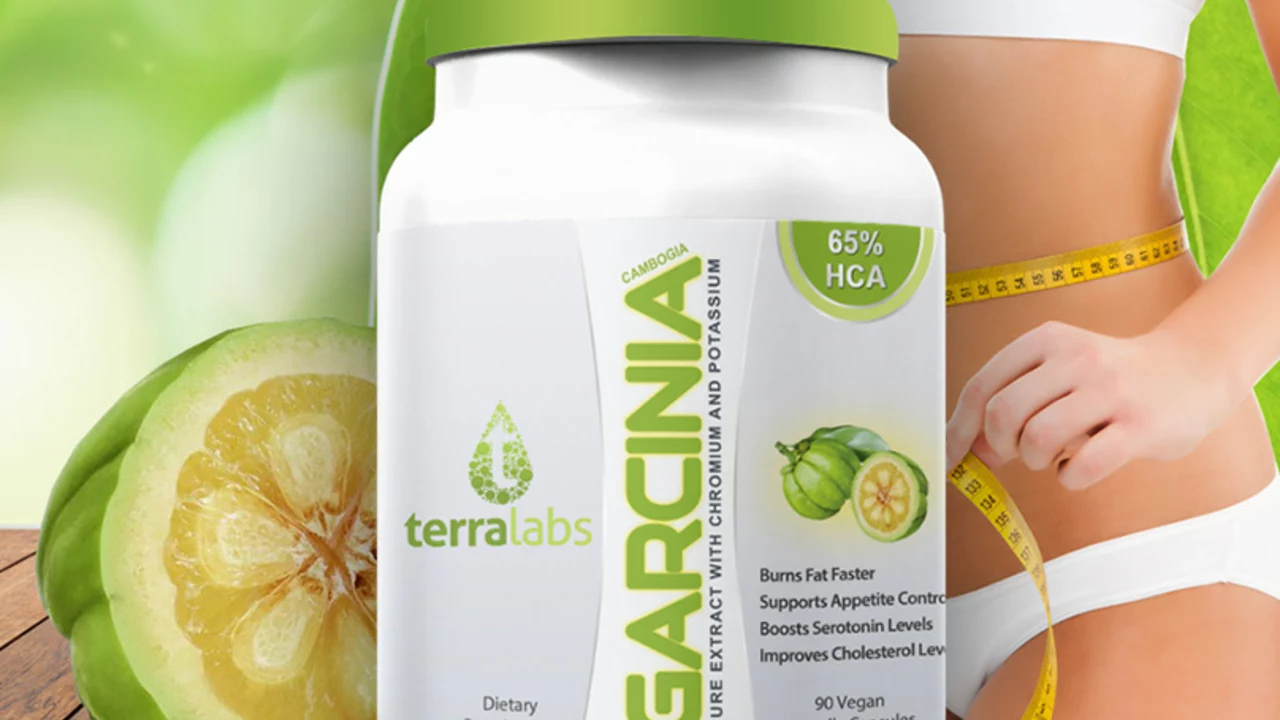Dietary Supplement Guide: Pick Safe, Effective Products
Ever wonder if that bottle of fish oil or herbal capsule really works? You’re not alone. With shelves full of pills, it’s easy to feel lost. Below you’ll get straight‑forward advice on what to look for, which types are most common, and how to avoid wasteful buys.
How to Choose a Good Supplement
First off, check the label. A reputable brand will list every ingredient, the exact amount of each nutrient, and where it was made. If you see vague terms like “proprietary blend” without details, walk away.
Second, verify third‑party testing. Look for seals from groups such as USP, NSF, or Informed‑Sport. Those marks mean an independent lab checked the product for purity and potency.
Third, match the supplement to your needs. Do you need extra vitamin D in winter? Are you looking for magnesium to ease muscle cramps? Pick a product that targets the specific gap you have, not a “one‑size‑all” multivitamin unless you truly lack many nutrients.
Common Types of Dietary Supplements
Vitamins and minerals. These are the classic pills – vitamin C for immunity, calcium for bones, iron for blood. They’re easy to stack but watch the dosage; more isn’t always better.
Herbal extracts. Things like Panax pseudoginseng, turmeric, or ashwagandha fall here. They can support stress relief or joint health, but quality varies a lot. Stick with products that list the plant’s part (root, leaf) and concentration (e.g., 500 mg extract).
Omega‑3 fatty acids. Fish oil and algae oil are popular for heart and brain health. Choose oils that are molecularly distilled to remove contaminants.
Protein powders. If you’re building muscle or need extra calories, whey, pea, or soy protein can help. Look for minimal added sugars and artificial flavors.
Finally, remember supplements aren’t a cure‑all. They work best when paired with a balanced diet, regular exercise, and good sleep. If you have any medical condition or take prescription meds, ask your doctor before adding something new.
Bottom line: read labels, trust third‑party testing, pick what fits your specific need, and keep expectations realistic. With these steps, you’ll spend less on junk and more on supplements that actually support your health.
Discover the incredible health benefits of Chinese Mallow, a powerhouse herb used in traditional remedies. It's loaded with nutrients that could enhance your health and elevate your energy levels. Learn fascinating facts about its uses, from boosting digestion to supporting respiratory health. Find out how incorporating Chinese Mallow into your routine might improve your wellness. Explore practical tips on how to make the most of its benefits easily.
Boy oh boy, do I have a spicy secret to share with you! The peony, yes, that pretty petal powerhouse, is more than just a sight for sore eyes. It's a dietary supplement extraordinaire, a true titan in the health department! From boosting your immune system to taking your heart health to new heights, this flower is a fitness freak's dream come true. So, let's unlock the power of peony and let our health bloom in ways we never imagined. Bet you never thought you'd be eating your garden, eh?
I've recently discovered the amazing benefits of coriander, which is quickly becoming my new secret weapon in the dietary supplement world. Coriander is not only a tasty herb to add to meals but also packed with numerous health benefits, such as improving digestion, reducing inflammation, and lowering blood sugar levels. As a blogger, I'm always on the lookout for natural and effective additions to my daily routine, and coriander has definitely made the cut. If you haven't tried incorporating coriander into your diet, I highly recommend giving it a go. Trust me, your body will thank you for embracing the power of this fantastic little herb!



